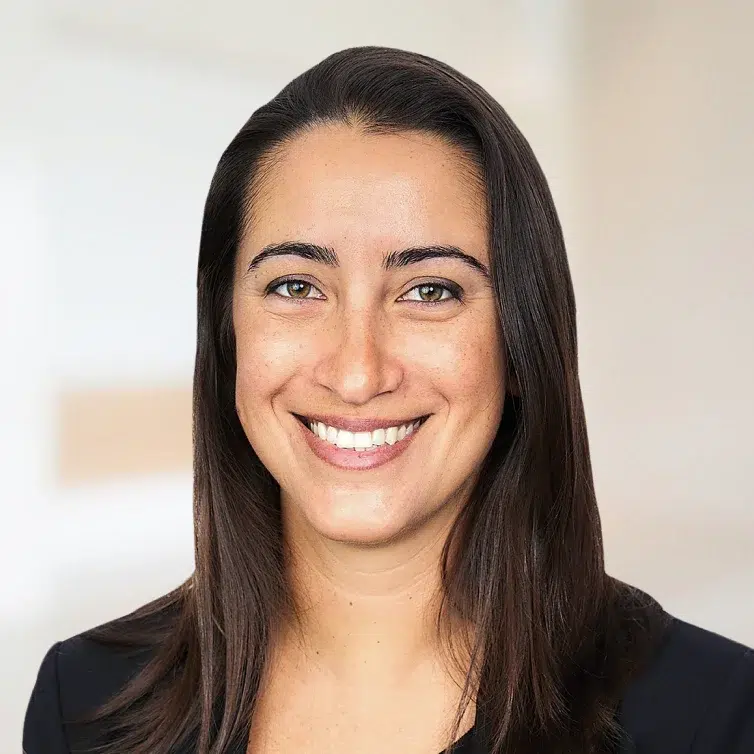
Many of my colleagues in the wealth management profession define financial freedom as having enough financial resources to fund all the things you want. I disagree. That’s the definition of financial independence. Financial freedom involves much more.
While attending the recent Weinberg Foundation’s Convening on Jewish Poverty in San Francisco, I learned the stunning statistic that financial abuse occurs in 99% of domestic violence cases. And, according to the National Coalition Against Domestic Violence, 25% of women and 11% of men experience some form of domestic violence. This means that approximately one in four women and one in 10 men experience physical and financial abuse! And the elderly in our country are frequently victims of financial abuse, often committed by close family and other trusted people in their lives.
The National Network to End Domestic Violence defines financial abuse as behavior that seeks to control a person’s ability to acquire, use or maintain economic resources, and threatens their self-sufficiency and financial autonomy. Said differently, financial abuse involves someone using power and intimidation to cheat another person out of financial assets by stealing or fraud; by limiting how the person can spend money (“Here’s your allowance for the month, Honey.”); even by interfering with the person’s ability to go to work.
3 ways we can end financial abuse
The prevalence of financial abuse in our society shocks, angers and saddens me. Here are three actions each of us can take to help fight this terrible crime:
1. Talk about money.
Money is a taboo subject and can be extremely difficult to talk about. Many of us have emotional connections to money that we may be unaware of, or may not be willing to acknowledge, that leave us tongue-tied. And, of course, many of us grew up with the message that talking about money is rude and inappropriate.
We need to get beyond that. The more often we have money conversations, the easier they become. Talking about money with others allows us to better understand our perspectives, preferences and experiences with money. Shining a light on our relationship with money in our marriages and our families during a conversation with a trusted friend can help us better understand if our relationships are “normal” and healthy. If we discover they’re not, we can begin to take corrective action.
Additionally, by normalizing money talk, we make it easier for our families and friends to discuss relationship challenges they’re facing. This reduces stigma and could make it easier for someone to reach out to us for help.
2. Lean into financial literacy
The National Financial Educators Council has declared financial illiteracy as a dangerous epidemic in our country. The area of personal finance has gotten more complicated in past decades, and many don’t know enough about it. Let’s change that too. If you feel there’s more for you or your family to learn about areas of personal finance, get educated to fill in the knowledge gaps. Read books, listen to podcasts, watch television shows, or take classes for a deeper understanding. And, of course, you should feel comfortable asking your financial advisor questions to get you better up-to-speed.
The more you know about money, the more aware and confident you’ll be when making financial decisions and standing up for yourself in money discussions.
3. Be a role model and walk the talk
Discuss financial decisions (“We decided to purchase this home because …”, “I’m choosing to maximize my retirement plan contributions because …”, “I gave money to this charity because …”) with the important people in your life as you’re making them. The idea here isn’t to justify your positions, but rather to help those around you understand that sound money management often involves making tradeoffs. Modeling your decision-making process and sharing the pros and cons of a choice raises awareness to those around us, which helps them develop a more informed relationship with money.
Financial freedom means more than having ample resources to do the things you want to do. It means having the power to make your own financial decisions without being manipulated by another. We can work toward financial freedom for all by educating ourselves and talking more with others about how to make money decisions with confidence, clarity and intention.

 Talk to us
Talk to us 















